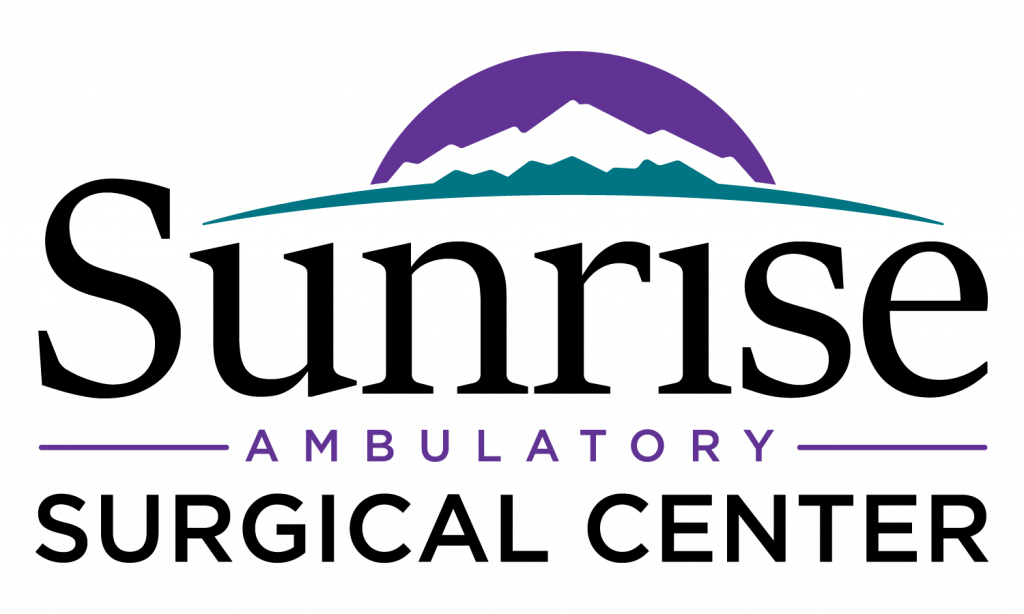Heel Spurs (Plantar Fasciitis)
Warning Signs & Symptoms
Heel pain is extremely common and often begins without injury. Inflammation of the connective tissue on the sole of the foot (plantar fascia) where it attaches to the heel bone is the most common cause of pain. It is often associated with a bony protrusion (heel spur) seen on X-ray studies. Symptoms include a burning, aching or stabbing pain in the heel of the foot.
Prevention
People can prevent plantar fasciitis by wearing proper shoes. Shoes that are ill-fitting or don’t provide enough support or cushioning are the most common causes of the problem. While walking or exercising in improper shoes, weight distribution becomes impaired and adds undue stress to the plantar fascia ligament. Maintaining a healthy weight and keeping calves and heels flexible is also key.
Rehabilitation
To limit pain and swelling after surgery, ice the foot as directed by your doctor. Elevating the heel above heart level will also help in recovery. The doctor will advise on any additional physical therapy.
